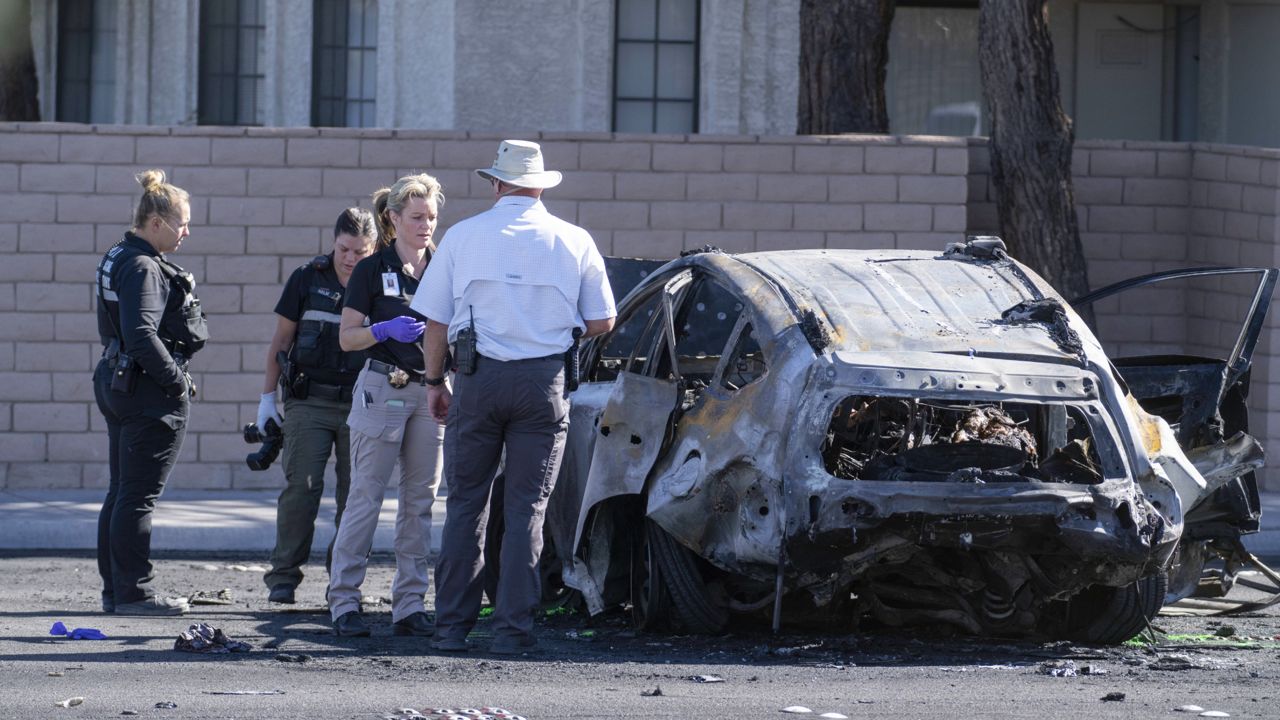Nearly 43,000 people were killed on U.S. roads last year, the highest number in 16 years as Americans returned to the highways after the pandemic forced many to stay at home.
The 10.5% jump over 2020 numbers was the largest percentage increase since the National Highway Traffic Safety Administration began its fatality data collection system in 1975.
Transportation Secretary Pete Buttigieg said America faces a crisis on its roads. The safety administration urged state and local governments, drivers and safety advocates to join in an effort to reverse the rising death trend.
Preliminary figures released Tuesday by the agency show that 42,915 people died in traffic crashes last year, up from 38,824 in 2020. Final figures will be released in the fall.
Americans drove about 325 billion miles last year, 11.2% higher than in 2020, which contributed to the increase.
Government estimates show the rate of road deaths declined slightly from 2020. Last year there were 1.33 deaths per 100 million vehicle miles traveled, compared with 1.34 in 2020. The fatality rate rose in the first quarter of last year, but declined the rest of the year, NHTSA said.
Traffic deaths began to spike in 2019. NHTSA has blamed reckless driving behavior for increases during the pandemic, citing behavioral research showing that speeding and traveling without a seat belt have been higher. Before 2019, the number of fatalities had fallen for three straight years.
Deputy NHTSA Administrator Steven Cliff, the Biden administration’s nominee to run the agency, said the roadway crisis is urgent and preventable. “We will redouble our safety efforts, and we need everyone — state and local governments, safety advocates, automakers and drivers, to join us,” Cliff said in a statement. “All of our lives depend on it.”
Buttigieg pointed to a national strategy unveiled earlier this year aimed at reversing the trend. He said earlier that over the next two years his department will provide federal guidance as well as billions in grants under President Joe Biden’s new infrastructure law to spur states and localities to lower speed limits and embrace safer road design such as dedicated bike and bus lanes, better lighting and crosswalks. The strategy also urges the use of speed cameras, which the department says could provide more equitable enforcement than police traffic stops.
In Tuesday’s statement, the department said it opened up its first round of applications for the program, which will spend $6 billion over five years on local efforts to cut crashes and deaths.
